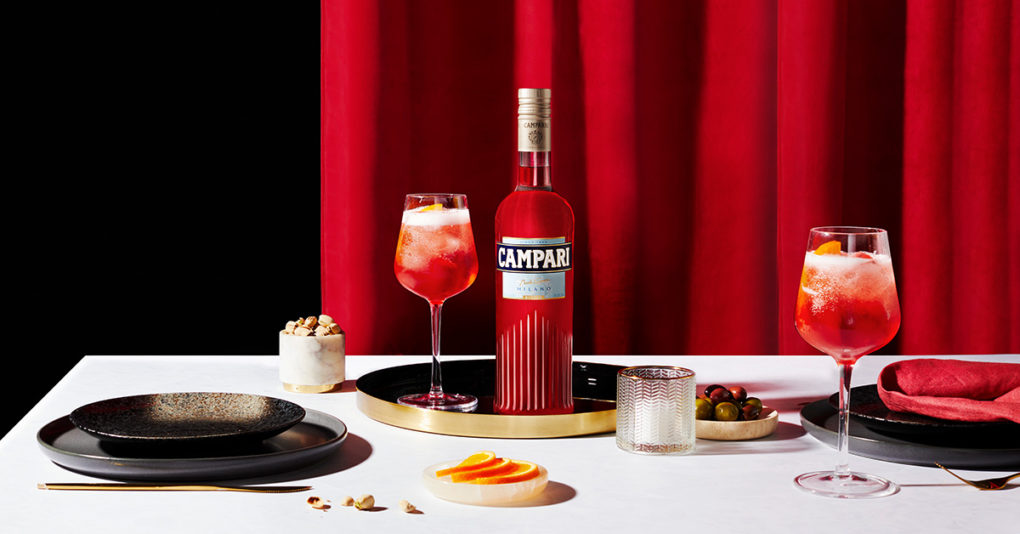
The group announced today a -0.7% dip in net sales on a reported basis to $714.5 million (€663.5 billion) in FY Q1 2024 with the core U.S. market driving sales down. Here’s the overview:
- The company reported organic growth of +0.2% in the quarter, driven overall by Campari and Aperol despite tough comparison bases (overall organic growth was up +19.6% in Q1 2023).
- Operating profit was down -4.9% on a reported basis to $163 million (€151.5 million) and organically up by +0.2%. Gross profit was down by -2.2% with a neutral effect on margin, supported by pricing and positive sales mix which fully offset the expected input cost headwinds.
- The quarter in the U.S. ended on a sales decline (-4%), with positive growth from Espolòn and Aperol mitigating challenges with Wild Turkey and Campari.
- Despite the combination of trade-down causing sales dips for other spirit companies and the expectation “normalizing industry consumption patterns” and a “volatile macro environment,” the group maintained its optimism for 2024.
Aperitifs and tequila helped drive gains. The Global Priorities portfolio (67% of total group sales) grew sales +2.3%, with Aperol up +6.3% despite the tough overall comparison base (+43.6% in Q1 2023 ), mainly led by Germany and the U.S. (+15.0%). Campari also grew by +6.8% (also a dramatic dip from its comparison base of 23.9% in Q1 2023 ), after a strong performance in Brazil, global travel retail and Italy, offsetting a softer performance in the U.S.
Espolòn was up +13.2%, after continued double-digit growth in the core U.S. market with growth also accelerating in seeding markets. The price trend for agave, which has recently come down, and a slowdown in inflation should have a gradual positive impact on the P&L in the second half of the year, partially offset by incremental fixed production costs, said the group. Espolón is one of the brands that may see the most benefit of the agave price-fall, as it is the least vertically-integrated of the major spirit groups.
Wild Turkey (-10.3%) was impacted by shipment declines in U.S. and Australia, despite growth from high-margin Russell’s Reserve. Grand Marnier grew by +7.9%, while the Jamaican rum portfolio declined by -8.7% overall, impacted by temporary supply shortages. SKYY also declined by -11.4%.
As a group Campari has prioritized ready-to-drink less than others, and its local priorities portfolio (7% of total group sales) declined by -1.6% as positive growth in Ouzo12 and Campari Soda was offset by weakness in Wild Turkey’s RTD and SKYY’s RTD.
At the end of last month the group announced the closing of the acquisition of cognac Courvoisier for $1.2 billion.
“With the very recent closing of Courvoisier deal, we are also pleased to celebrate and welcome this iconic maison of superior quality and prestige cognac to our portfolio of premium and global brands and we look forward to start unleashing its full potential,” said CEO Matteo Fantacchiotti in a press release.